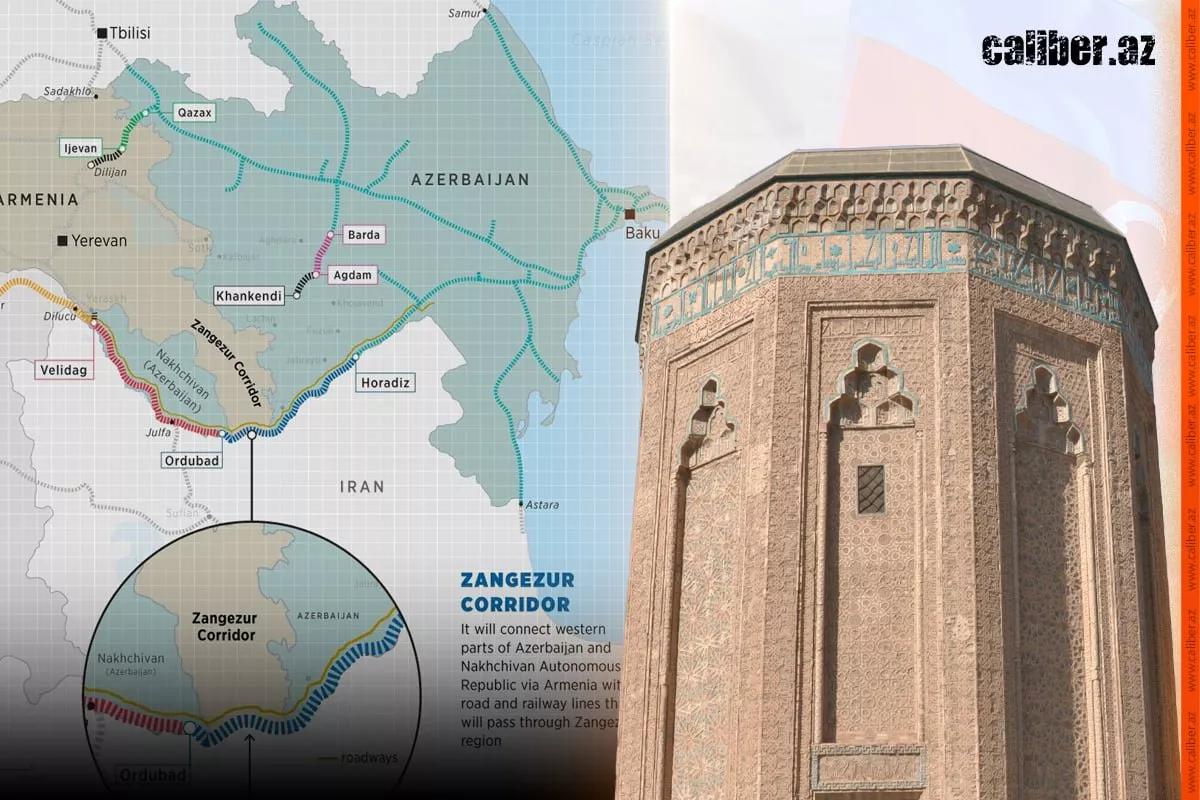Riding the wave of efficiency On Hikmet Hajiyev’s speech at GLOBSEC-2025
Hikmet Hajiyev, Assistant to the President of Azerbaijan and Head of the Department of Foreign Policy Issues at the Presidential Administration, spoke at the panel session titled “The Middle Corridor: A New Geopolitical and Economic Lifeline?” held as part of the international forum GLOBSEC-2025 in Prague. His speech outlined Azerbaijan’s geopolitical and economic strategy amid a rapidly changing global landscape.
Hajiyev emphasised that Azerbaijan is at the epicentre of a tense geopolitical environment, caught between the ongoing Russia-Ukraine conflict and the escalating military confrontation between Israel and Iran. According to him, Baku anticipated the possibility of such scenarios and prepared in advance, including for potential repercussions from sanction pressures on neighbouring countries.
“If we look at what is happening in the world in a broader context and make a comparison, we can see that the South Caucasus is one of the most stable regions,” the presidential aide remarked.

Stability is generally a crucial factor when choosing a geoeconomic partner, and Hajiyev’s statements reflected the idea that Azerbaijan is the most advantageous partner along the vast trade routes stretching from East to West.
In this context, the presidential assistant particularly highlighted the Middle Corridor not merely as a logistical route but as a strategic platform for cultural, economic, and energy cooperation.
“We have declared that the Caspian Sea is not a dividing, but a uniting factor. We have created a route connecting four seas — the Caspian, Black, Mediterranean, and Adriatic,” said Hajiyev.
Speaking about Baku’s policy regarding the Middle Corridor, Hajiyev gave concrete examples. He noted Azerbaijan’s increased investments in infrastructure: the reconstruction of the Baku–Tbilisi–Kars railway has raised its cargo capacity from 1 million to 5 million tonnes, while the handling capacity of the Port of Baku has grown from 12 million to 25 million tonnes.
The presidential assistant emphasised that Azerbaijan is also betting on “green” energy. The country’s renewable energy potential is estimated at 200 GW. Together with Georgia, Romania, Hungary, and Bulgaria, Azerbaijan is implementing a project to lay an underwater cable across the Black Sea to supply green energy to Europe.
Hajiyev also recalled that at COP29, a memorandum was signed with Kazakhstan and Uzbekistan on trans-Caspian renewable energy projects. According to Hajiyev, the EU needs new sources of electricity, especially in light of the digital transition, and the South Caucasus and Caspian regions are becoming critically important and geographically close partners in this regard.
Hajiyev touched on the joint work between Azerbaijan and Kazakhstan on laying a high-speed internet cable across the Caspian Sea as part of the “Digital Silk Road” initiative. This digital infrastructure will be part of a broader Eurasian connectivity project.
At the same time, Hajiyev noted that the European Union has yet to formulate a clear strategy for the South Caucasus region, effectively calling on Brussels to recognise the importance of the Trans-Caspian Corridor and adopt a more active partnership stance, including, above all, investments.

At the same time, Baku expects concrete steps from Armenia regarding the Zangezur Corridor, which holds strategic importance for linking Azerbaijan’s western regions with Nakhchivan. Hajiyev stressed that Azerbaijan does not seek to isolate Armenia; on the contrary, it is ready to include the country in regional projects — provided there is political will on Armenia’s part.
He recalled that Armenia blockaded Nakhchivan for 30 years, and now Baku is waiting for tangible actions from Yerevan: “This step concerns the Zangezur Corridor. In Armenia, there seems to be some irritation with the word ‘corridor’. I always joke that I wish the entire territory of Azerbaijan were a corridor. Fine — they can call it whatever they like, but first and foremost, we want a connection to Nakhchivan.”
He also noted the end of the Karabakh conflict and the emergence of a new status quo. “Peace between Armenia and Azerbaijan has, in essence, been achieved. The current atmosphere in the region is positive, and Azerbaijan is ready to use this peace to advance all areas of cooperation,” Hajiyev concluded.
Overall, Hajiyev’s address was a clear statement on Azerbaijan’s exceptional role in vital communications between East and West. The presidential assistant unequivocally conveyed the message that the planning and implementation of all related projects leave no room for speculation driven by ideological motives or preferences promoted by certain forces. Azerbaijan is a reliable and stable partner — one whose strength lies in pragmatism, justice, and resilience.








